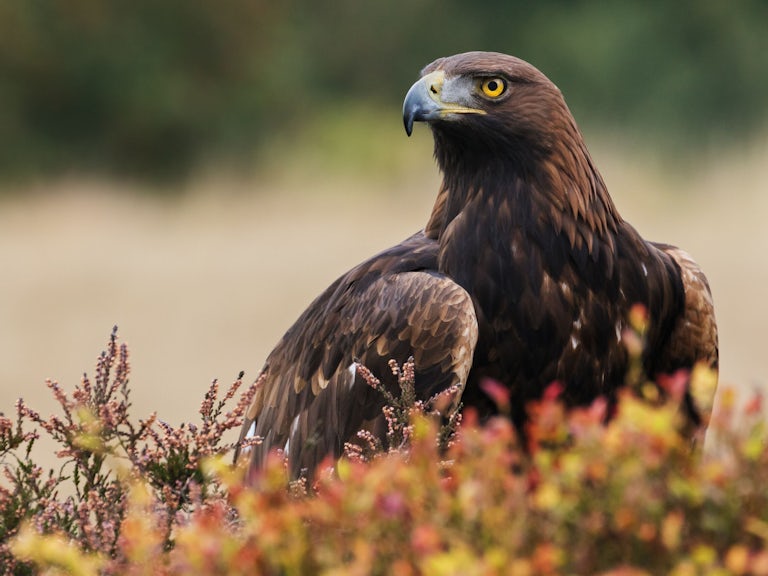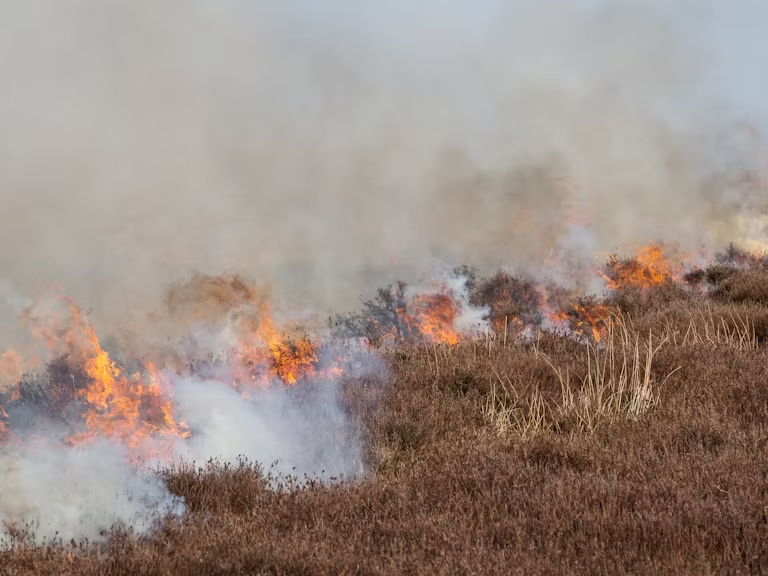Rewilding COP26
On the eve of the UN climate summit, Rewilding Britain CEO Rebecca Wrigley lays out why rewilding offers a hugely powerful solution that politicians must embrace.

Published 01/10/2021
“The government is hugely under-ambitious when it comes to seizing the opportunities offered by rewilding”
Rebecca Wrigley
CEO, Rewilding Britain
COP26, the United Nations’ global climate summit due to be held in Glasgow in several weeks’ time, is our last best chance to avoid catastrophic climate breakdown.
The UN has warned that the world faces a climate abyss. In an overlapping nature emergency, ecosystems are being shredded and more than half of the globe’s mammals, birds, amphibians, fish and reptiles have been wiped out in living memory.
This broken relationship with nature is contributing to a worldwide health crisis, helping viruses like the one behind Covid-19 to leap more easily from other species to humans. And by unravelling the web of life, we’re undermining the very things civilisation depends on; clean air, clean water, fertile soils for growing food.
As host of the global climate summit, the UK Government has a huge responsibility and a golden opportunity to lead the way in rallying the world’s governments to set net zero goals, in line with the 2015 Paris Agreement – ensuring that global temperature rises are limited to no more than 1.5 degrees centigrade.
Politicians at COP26 need to step up. Key actions must include significantly reducing fossil fuel use, and investing in renewable energy, public transport, green homes and green jobs. But our political leaders also need to embrace one hugely powerful solution and major source of hope – one that so far they have largely neglected. And that’s rewilding.
Rewilding – the large-scale restoration of nature – can go a huge way towards helping fix the climate crisis and the nature emergency. It’s nature – not just technofixes – that is in fact our best ally in the fight against climate change. (Learn how trees, peatlands, saltmarshes and other ecosystems are essential in soaking up and storing carbon dioxide.)
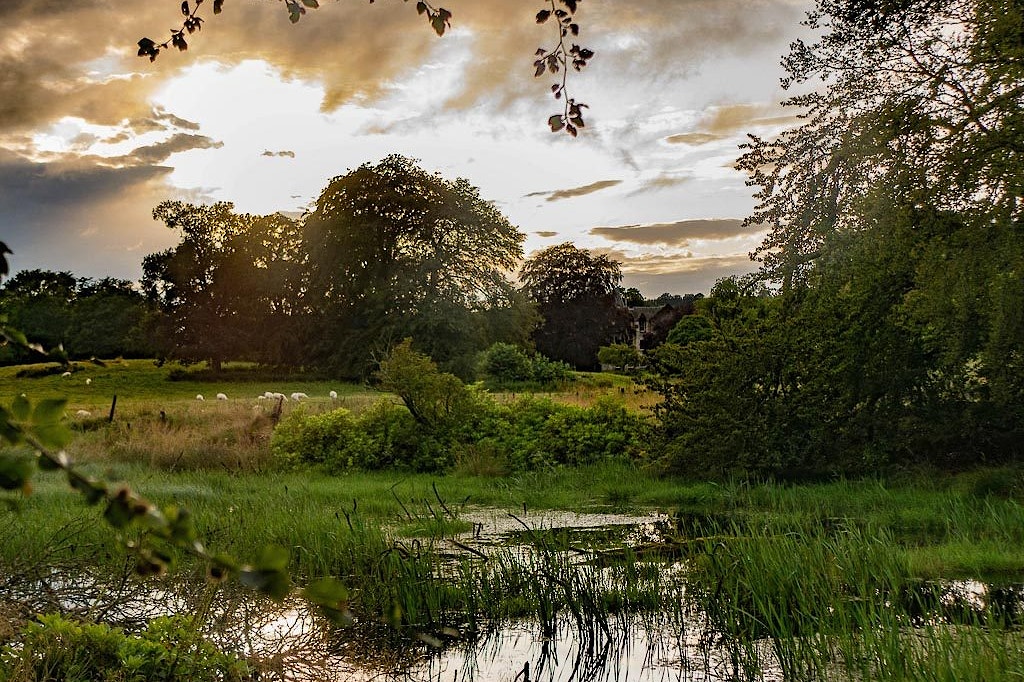
1%
of Britain is currently in rewilding
Many landowners, land managers and coastal communities are already starting to do this, restoring life to our landscapes and seascapes and helping build thriving nature-based economies at the same time. Visit the Rewilding Network to see this inspiring work in action.
Yet despite rewilding taking off across the UK – and even with it becoming increasingly popular with the public – the UK Government and the devolved Scottish and Welsh administrations are being hugely under-ambitious when it comes to seizing the opportunities offered by rewilding. They are making some of the right noises, but they need to up their game.
This is spotlighted by the shocking state of biodiversity in this country. The UK has been ranked 189 out of 218 countries for the quality of its nature. We’re one of Europe’s least wooded countries. We have globally important peatlands, but 80% of these are in a poor condition – causing them to flip from being superb carbon sinks to carbon emitters.
Rewilding could allow us to turn this around. Action before and during COP26 would demonstrate that the Westminster Government and the Scottish and Welsh administrations mean business.
“Rewilding – the large-scale restoration of nature – can go a huge way towards helping fix the climate crisis and the nature emergency”
Rewilding Britain estimates that less than 1% of Britain is currently in rewilding. We’d like that figure to increase to at least 5% by 2030. This means focusing on restoring and reinstating as wide a range of natural processes, habitats and missing species as possible to form mosaics of native forest, peat bogs, heaths, species-rich grasslands, wetlands, saltmarshes, kelp beds, seagrass and living reefs. Without loss of productive farmland.
We want to see another 25% of the country undergoing major nature recovery – areas that support a diverse range of land and marine uses and enterprises, generating value for the local economy while allowing nature to flourish. This includes continuous cover forestry, nature-based tourism, recreational fishing, regenerative aquaculture and high-nature value or wild meats.
A key step for the UK Government around COP26 would be to deliver on our call for Wilder National Parks. Without such action, the Prime Minister’s promise to protect 30% of Britain’s land by 2030 will remain hollow.
Let’s mainstream rewilding
All of us can take action to mainstream rewilding, by calling on Ministers to create Wilder National Parks.
Another hugely positive action would be for the Scottish Government to declare Scotland the world’s first Rewilding Nation – with a commitment to rewilding 30% of its land and sea within a decade – in line with the call from the Scottish Rewilding Alliance .
This would be a powerful statement of intent that Scotland is prepared to lead the way rather than continuing to languish at the bottom of the global biodiversity league tables.
Nature is our life support system, our best carbon sink, and our ally in mitigating the impacts of climate breakdown. It’s past time to reboot our relationship with the natural world, and to start working with nature instead of against it.
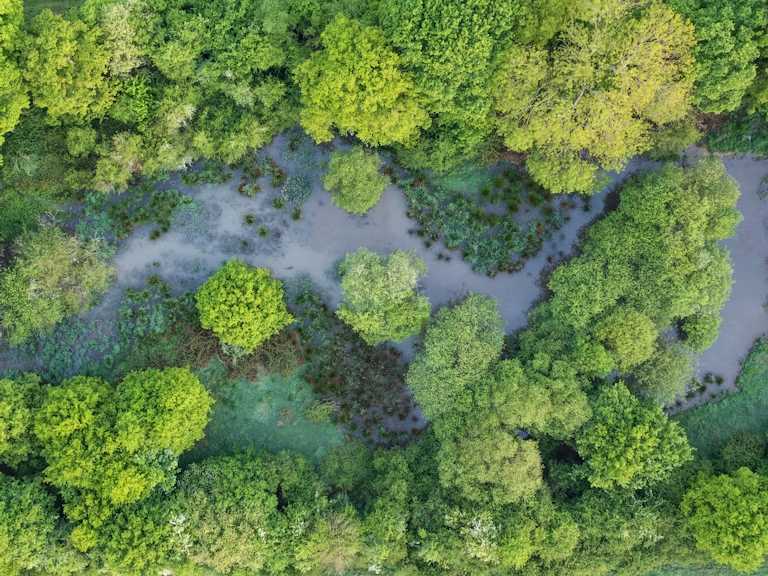
Explore our Rewilding Manifesto
We need UK Government to Think Big and Act Wild for nature, people and planet.
Learn more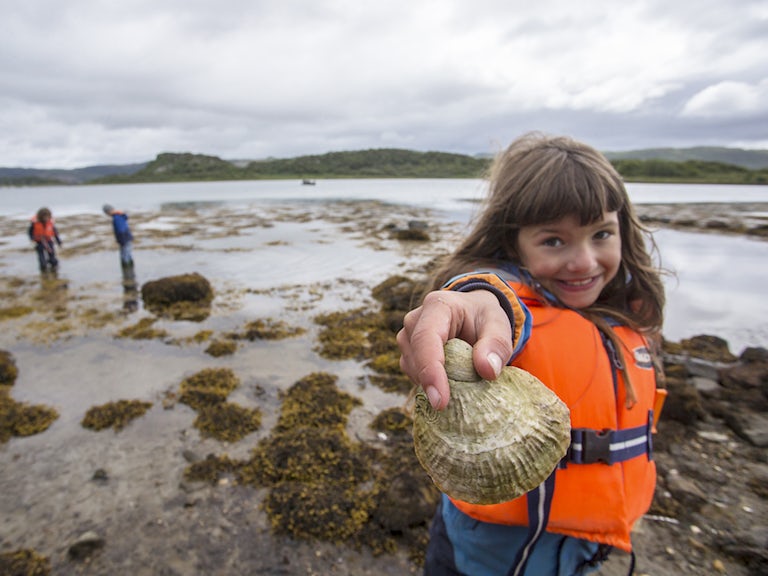
Our vision
We have big ambitions. Find out what we’ve set out to achieve through rewilding.
Our 2025-2030 strategy


